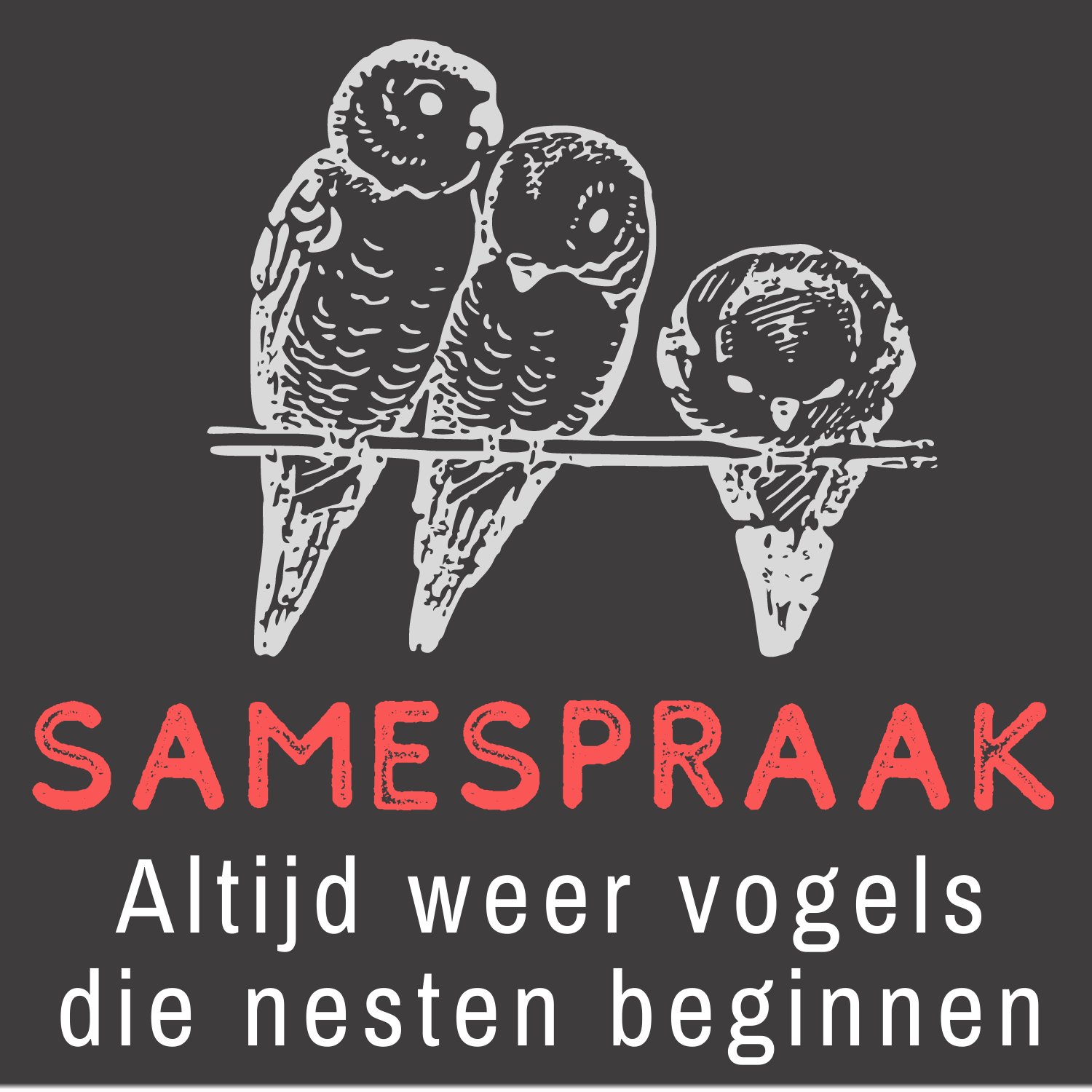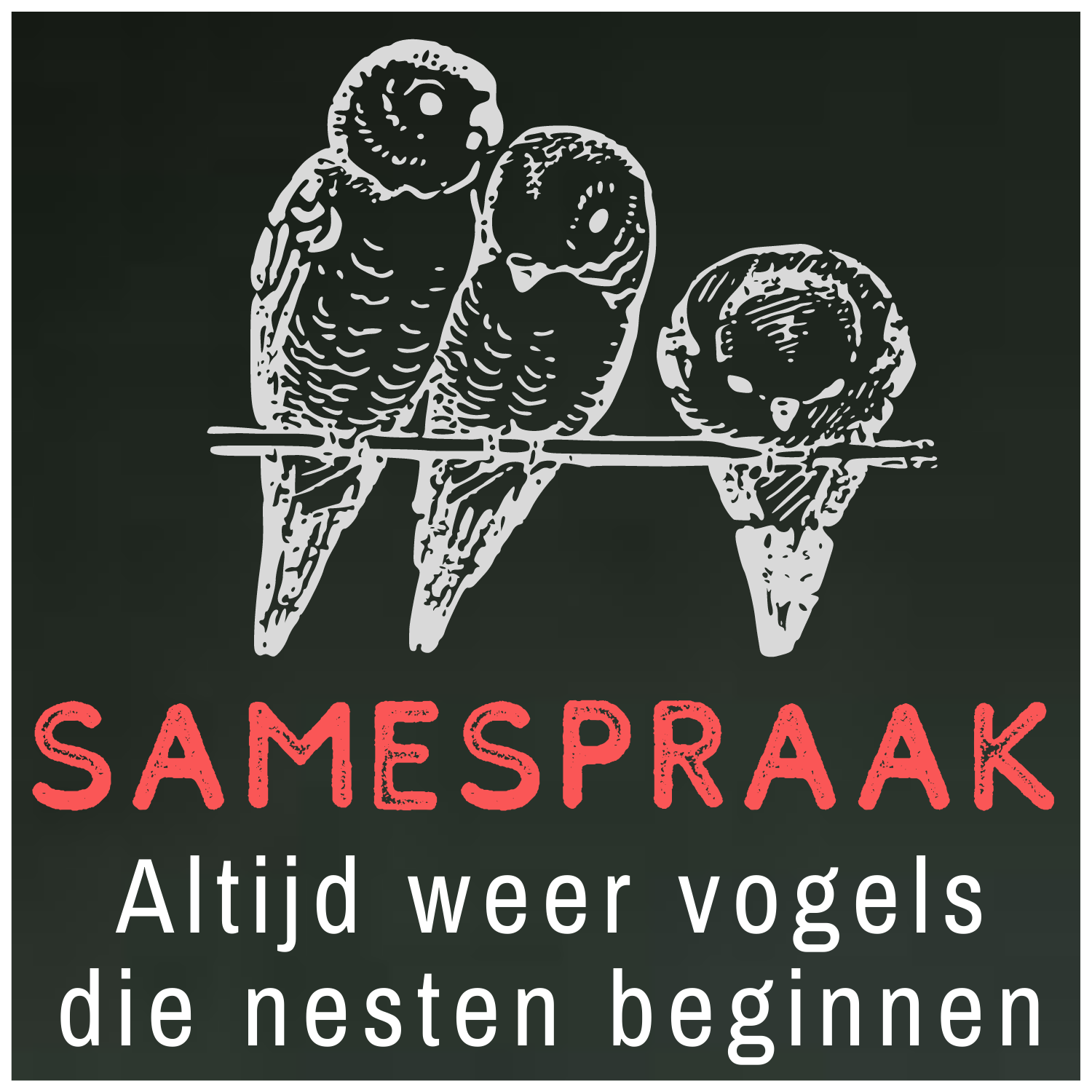Charl-Pierre Naudé. The Risk of Reducing a Writer's Role to Politics: A Discussion on Literature
I have a small rumination to share. Bear with me. It is about literature and its relation to “politics”. Bear in mind that what I will say is only one way of saying it. There are other ways, too. And it has been said in some of those ways many times. But always it needs to be repeated.
The role of the writer often takes on a political aspect. Unfortunately, especially in modern times, the political aspect at times and in certain cases, subsumed the writer’s writerly role, which is much wider and more comprehensive. The confusion is especially true in the case of those writers and poets that come from politically tortured or problematic places (almost all places these days). The role of literature is a framing role, in which the ethical dimension figures as part of a “wholeness-in-being” context. And that framing happens in aesthetic terms. I sometimes think when people with a political agenda claim, slam or judge writers on political grounds, it is an attempt to curtail the fullness of the role of literature, because that “fullness” threatens the simplicity and the desperation by which such critics want to arrive at an answer. Literature, in its “sofness” as well as its “hardness”, should always be “threatening” to the comfortable position, including the comfortable position of the writer themselves. And it should threaten the desperation of time itself.
I love the term “under-labourer role” as a designation of the role of literature. Literature plays an “under-labourer” role as regards political (and other) realities – it prepares the ground, arranges the “climate” (moral and “phenomenological”), and prompts “suggestions”, the way a shadow dancer does, suggestions that could help people make political judgments later, even make those judgments somewhat inevitable. To me, the role of literature does not seem like that of a judgment-in-itself. It does not exclude the inevitability of judgments, but it is supposed to be so much more than that.
The literary role of a writer cannot be reduced to their political role, if they are unfortunate enough to have such a role. The latter role is infinitely smaller and subsidiary within the literary context. Conflating the literary and political roles of writers has significantly reduced the image of the modern writer, I feel. Let the desperate ones, who cannot wait for the fullness of literature to make itself felt, find their salvation elsewhere.


